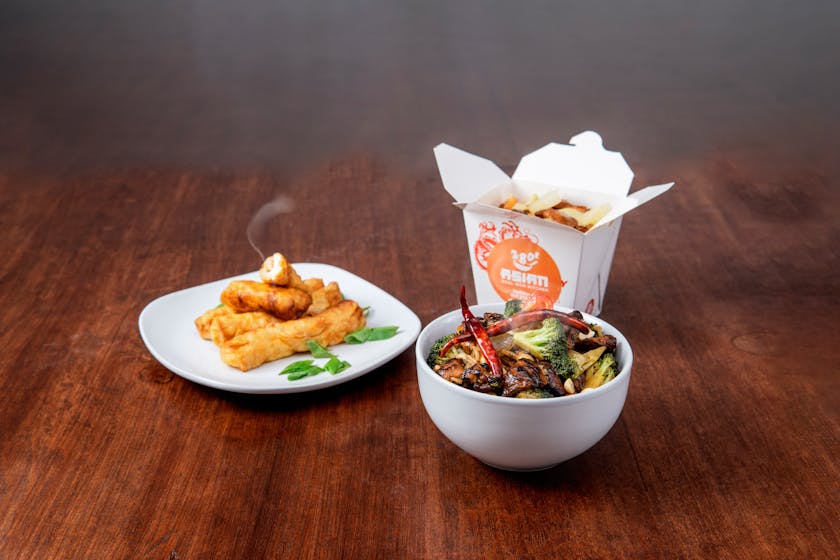When considering your emergency preparedness plan, integrating bulk meal storage can offer peace of mind and security in uncertain times. Establishing a robust food reserve not only ensures nourishment during emergencies but also helps in managing food budgets and reducing waste. Here’s a comprehensive guide on how to effectively store meals in bulk for those unexpected situations.
Understanding the Importance of Bulk Meal Storage
In times of emergency, whether due to natural disasters, power outages, or other unforeseen events, having access to a sufficient food supply is crucial. Bulk meal storage for emergency preparedness is not just about hoarding non-perishable items; it’s about carefully planning and storing nutritious meals that can sustain you and your family for an extended period.
Assessing Your Bulk Meal Storage Needs
Begin by assessing how much food you need to store. Consider the number of people in your household, dietary requirements, and the duration for which you’re planning. A good rule of thumb is to have at least a three-day supply of meals for each person, but for comprehensive preparedness, aim for a two-week supply or more.
Selecting the Right Foods for Bulk Storage
Choose foods that have a long shelf life and require minimal preparation. Items like rice, beans, canned vegetables, and dried fruits are excellent staples. Don’t forget to include proteins such as canned meats or legumes, and carbohydrates like pasta or instant potatoes. Balance is key to maintaining a healthy diet, even in emergencies.
Storing Your Bulk Meals Effectively
Once you’ve selected your bulk foods, proper storage is essential to maintain freshness and prevent spoilage. Use airtight containers and vacuum-sealed bags to protect against pests and moisture. Labeling each container with the date of storage helps in rotating your stock and using older items first. Store your food in a cool, dry place away from direct sunlight to prolong its shelf life.
Creating a Meal Rotation Schedule
To ensure your stored meals remain fresh and safe to consume, create a rotation schedule. Use the oldest items in your regular cooking routine and replace them with new purchases. This practice keeps your emergency food supply current and prevents wastage due to expiration.
Preparing Meals in Advance
Consider preparing and storing complete meals that only require reheating. Cook large batches of stews, soups, or casseroles, and freeze them in portion-sized containers. These homemade ready-to-eat meals can be invaluable during emergencies when time and resources are limited.
Maintaining Nutritional Value in Stored Meals
While the focus is often on the quantity of food stored, the nutritional quality is equally important. Include multivitamins and supplements to compensate for any potential dietary deficiencies. Remember to account for special nutritional needs such as baby food or medical dietary restrictions.
As you build your bulk meal storage for emergency preparedness, consider incorporating a variety of flavors and cuisines to prevent palate fatigue. Spices and seasonings can greatly enhance the enjoyment of your stored meals, making a trying time a bit more bearable.
Finally, don’t overlook the importance of water in your emergency plan. Ensure you have a sufficient supply of drinking water stored, and consider water purification methods in case your supply runs out.
By following these guidelines, you can create a comprehensive bulk meal storage system that will serve your needs when the unexpected occurs. Preparedness is not just about surviving; it’s about thriving despite the circumstances.



